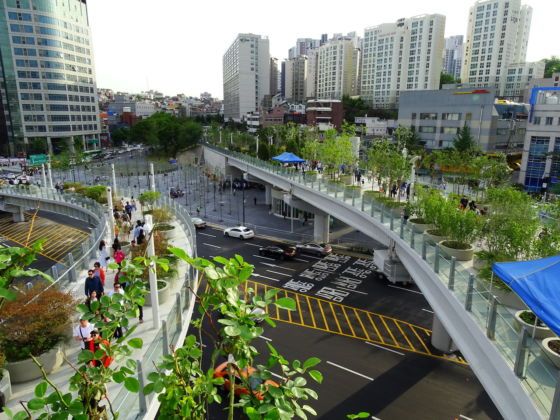IF ONE WERE TO map my routine trajectory, they would note that I descend five flights of stairs every morning en route to work. Exiting the stairwell, I make a right and head down a narrow hallway used as a makeshift pantry before leaving my building.
However, my skimpy daily expedition would make a pathetic map. After a year in Seoul, my home has become a familiar raft floating on an unknown sea. I have no idea what businesses occupy the floors beneath me, nor what they even look like. I decided it was time to recruit my Korean friend Lia to translate my curiosity and help me explore the business / residential combo that is my officetel.
Meet my neighbors.
